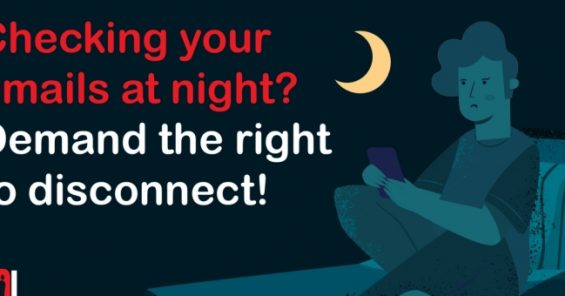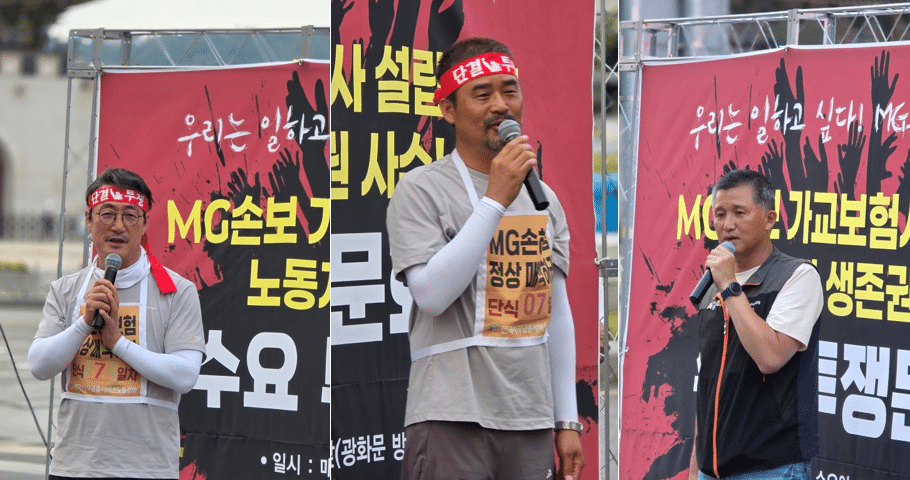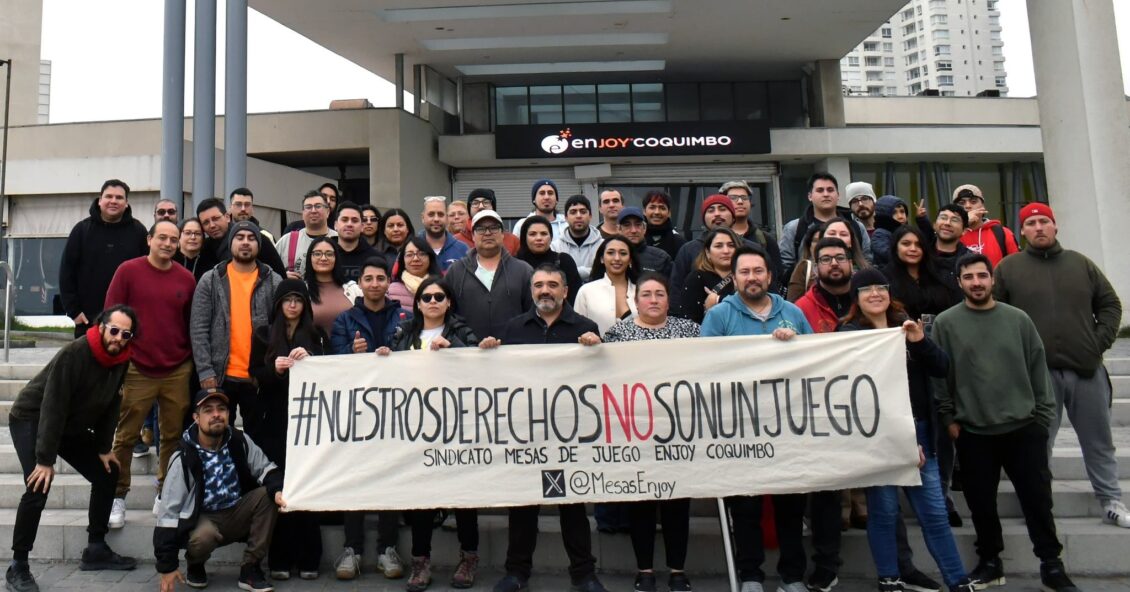Covid-19 has disrupted our lives and changed how many of us work—eroding the boundaries between work and personal time. That is why the right to disconnect is more important now than ever as we establish a “new normal.”
UNI Global Union’s Professional & Managers (UNI P&M) is working with unions to win best practices to ensure a healthy work-life balance. It has released a series of tools, including a new video today, demonstrating why this right to unplug from the workplace is so critical as more of us are working remotely.
“Unions have a long history of not just winning improvements at our jobs, but also organizing for a better quality of life outside of work. The fight for the right to disconnect is a continuation of the struggle for the eight-hour workday and the weekend,” said Alex Högback, Director of UNI P&M. “With the increased stress and anxiety people are experiencing now, during the pandemic, the need for disconnection has never been clearer.”
Rising levels of anxiety, depression, and burnout are often associated with a constantly connected world of work. Today’s release is part of an ongoing campaign advocating for the right to disconnect, and it comes after UNI P&M issued recommendations for disconnecting in the time of the coronavirus, including:
- Highlighting the importance of disconnection.
- Defining the working hours.
- Different groups are differently affected.
- Communication and training.
To read the full recommendations click here.
In a recent survey by UNI of member unions from more than 70 different countries, more than half said they have negotiated the right to disconnect for their members forced to work from home during the crisis. UNI has also secured the right to disconnect in global agreements with telecommunications giants Telefonica and Orange.
“To stop the virus’s spread, millions of more people are working from home, but working remotely does not mean working without rights,” said Christy Hoffman, General Secretary of UNI Global Union. “Being able to disconnect from the job means being able to connect fully with family, friends, and the activities that allow us to rest, restore, and avoid burnout.”


